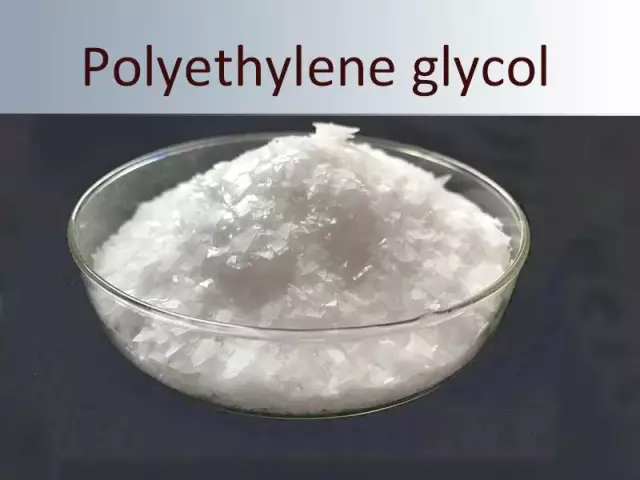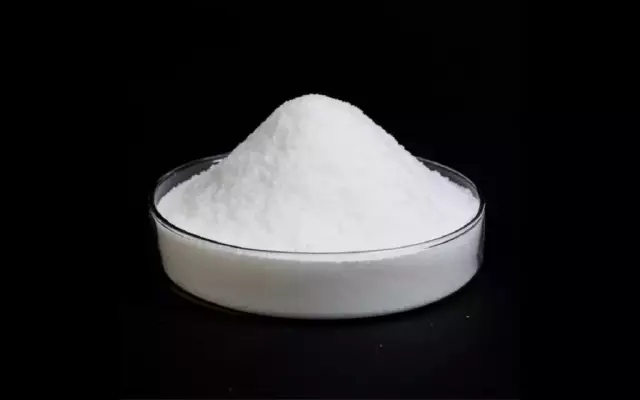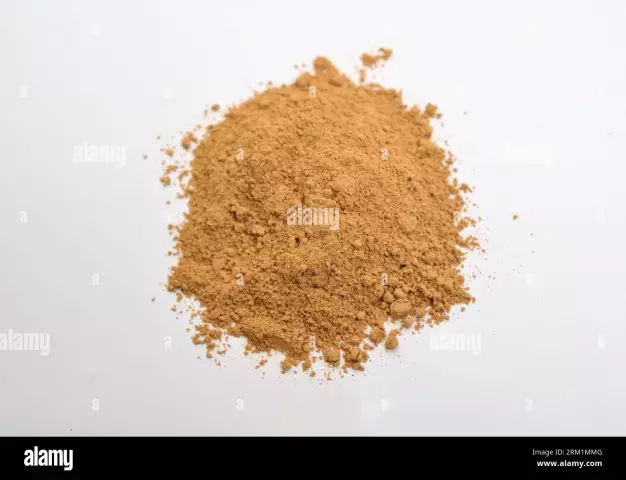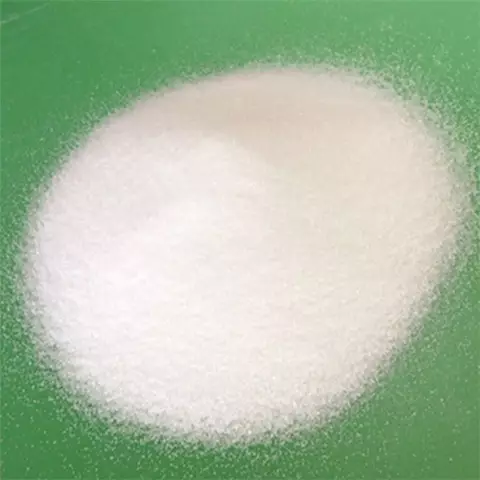- Author Rachel Wainwright wainwright@abchealthonline.com.
- Public 2023-12-15 07:39.
- Last modified 2025-11-02 20:14.
Polyethylene glycol
Polyethylene glycol is an E1521 food additive that is used as a moisture-retaining agent, antifoam.
It is believed that E1521 is safe for the body, its use is permitted in Russia and EU countries.
On the packaging of products containing E1521, you can see the abbreviation "PEG".
Chemical properties of polyethylene glycol
Polyethylene glycol is a substance of synthetic origin, which is obtained by exposing ethylene oxide to alkaline catalysts and glycols.
The main properties of polyethylene glycol are to increase the solubility of substances and their concentration.
The use of polyethylene glycol
E1521 additive is used to produce milk, alcohol and sugar - to quench foam.
Polyethylene glycol can be found in chewing gums, table sweeteners, soft drinks, dietary supplements, food flavorings.
Fresh fruits can be processed with E1521 additive - to form a preserving glaze on their surface.
Polyethylene glycol is also used in the pharmaceutical industry - for dissolving liquid medicines, producing suppositories, ointments, tablets.

PEG serves as a base for cosmetics, in particular skin care creams.
As a carrier and humectant, polyethylene glycol is added to the toothpaste mass.
The harm of polyethylene glycol and its effect on humans
In most cases the E1521 additive is tolerated normally.
Polyethylene glycol can harm a person only in large quantities, but it does not contain much in food.
Side effects can be observed after using drugs that contain PEG: diarrhea, bloating, flatulence, nausea.
Found a mistake in the text? Select it and press Ctrl + Enter.






